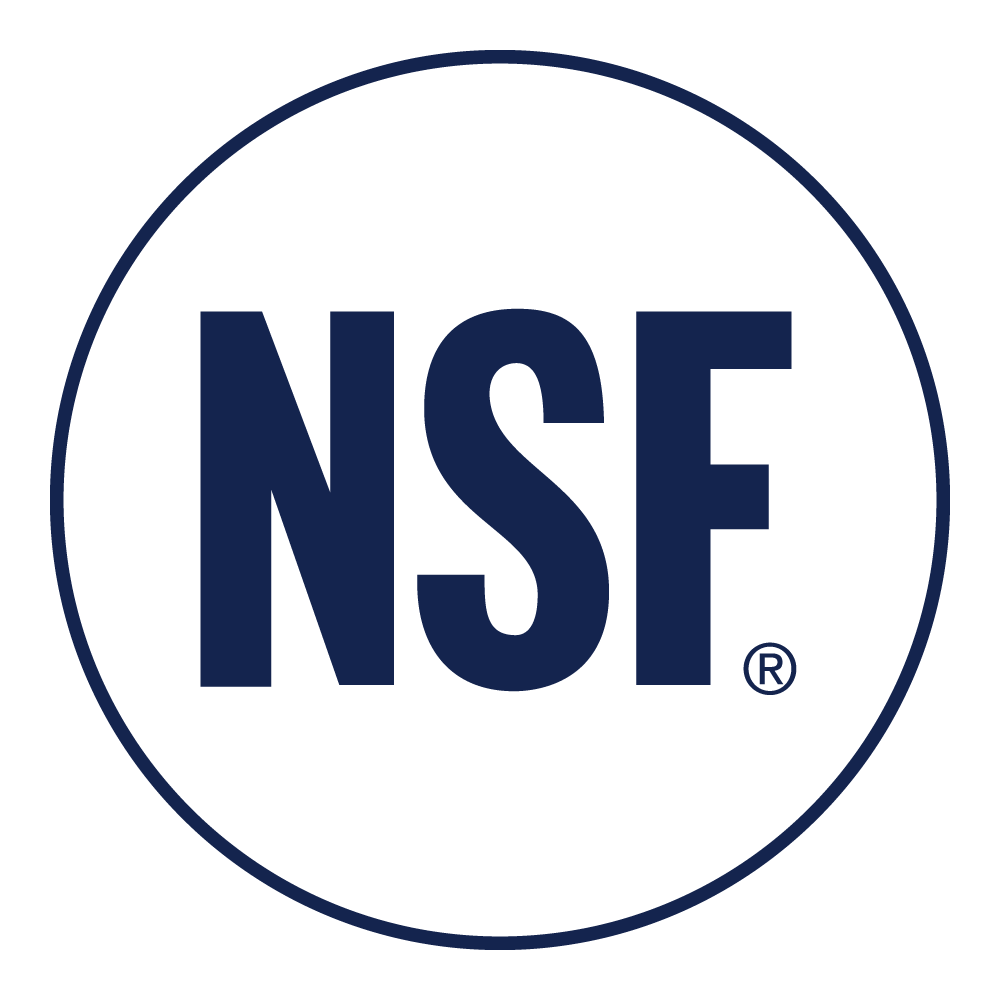New Pharma Biotech eLearning Available from NSF
NSF has added two new eLearning sessions to its online portal.
The company’s new pharma biotech eLearning, includes short, targeted, highly focused ‘how to’ sessions on common industry themes, as well as introductions and overviews on topics essential for those new to the industry.
Learn from NSF’s trusted industry experts and take away tools and techniques that can be used instantly in the workplace.
If you are interested in signing up for these sessions, please make an enquiry using the form on this page or visit www.nsfpharmabiotech.trainingfolks.com/store.
Pharmaceutical EU Legislation Update
This eLearning session is aimed at anyone working in the pharmaceutical industry that is providing essential continuing professional development (CPD) for a qualified person (QP) or quality professional.
It covers:
- Implementation of the Falsified Medicines Directive
- Update on Mutual Recognition Agreement between EU and US
- Changes to the Clinical Trial Regulation and good manufacturing practice (GMP) legislation
- GMP guidance changes for Annex 1, 13, 17, 21 and advanced medical therapy products (ATMP)
Self-Inspections – How to Make Them Add Value to Your Organisation
Why do you conduct self-inspections and why are they important to your organisation? This E-Learning session provides an overview of the key elements in each stage of the self-inspection process, outlining where it fits into the overall audit pyramid.
At the end of the session, you will complete a short assessment to test your knowledge. Following successful completion, you will be issued a certificate.
The objectives include:
- To learn what an audit is, the purpose of self-inspections and why they are important to your organisation
- Understand where self-inspections sit in the hierarchy of audits
- Explore where self-inspections fit into the pharmaceutical quality management system (QMS) and how this is a key tool to measure the effectiveness of your systems and processes
- Identify the key elements of the audit process and learn what is involved in each
- Give hint and tips on auditing styles and techniques



